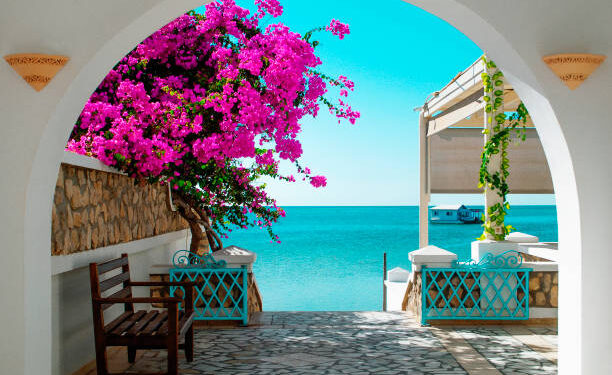The prices of real estate displayed in euros, even on Tunisian Facebook groups? It is not a coincidence. Increasingly, the Tunisian real estate sector openly targets the diaspora, which has become a crucial lever to energize a market loss and thirsty for currencies.
On Facebook and on platforms like Tayara or Mubawab, real estate advertisements are increasingly displaying prices in euros. This practice, formerly marginal, has become commonplace. For what ? Because it is directly intended for a well identified clientele: Tunisians residing abroad (TRE), with currency income and in search of safe investments in their country of origin.
According to the Central Bank of Tunisia, the transfers of money from the TRE reached nearly 7 billion dinars in 2023, an essential part of the country’s foreign currency resources. A windfall that naturally attracts real estate developers, especially since real estate acquisitions by non-residents allow direct entry of currencies in the formal economic circuit.
A market shaped by expatriation
In addition to injecting funds, the diaspora invests massively in real estate. According to official estimates, more than half of the Tren have already invested in real estate in Tunisia. And the most popular areas are unsurprisingly the seaside regions: La Marsa, Hammamet, Sousse, but also areas on the outskirts of Tunis like Ariana and El Menzah.
The typical profile? A binational living in France, Germany or Canada, which is looking for either a second home for its vacation, or a rental investment with profitability in dinar … but paid in euros. The Tunisian state has clearly bet on this diaspora to revive the economy. For one, buying a property in Tunisia is to benefit from a symbolic recording rate of 1 % (against up to 6 or 7 % for a resident), provided you pay in currency and have resided abroad for more than two years.
Result: the Tunisian real estate market is more and more structured around this external customers. Banks even offer targeted products: currency loans, convertible dinars accounts, packaged real estate offers. What further strengthen the attractiveness of the sector for Tunisians abroad.
If some real estate sellers even require a payment in currencies, the option remains out of reach for the majority of Tunisians, as long as they are not in possession of currency accounts, as explained by a real estate agent. “The seller of the property will receive his money into Tunisian dinar after conversion by the banking system,” he insisted.
A double social reality
But this rush to the diaspora also has a reverse. For Tunisians living in Tunisia and paid in dinars, accessing property becomes more and more difficult. Price lag – artificially boosted by the reference to the euro – helps exclude a large part of the Tunisian middle class from the real estate market.
Some see it as a form of “foreign currency” gentrification of Tunisian real estate. Others believe that this opening is beneficial for an economy in difficulty, provided that the revenues are reinjected into local development.








